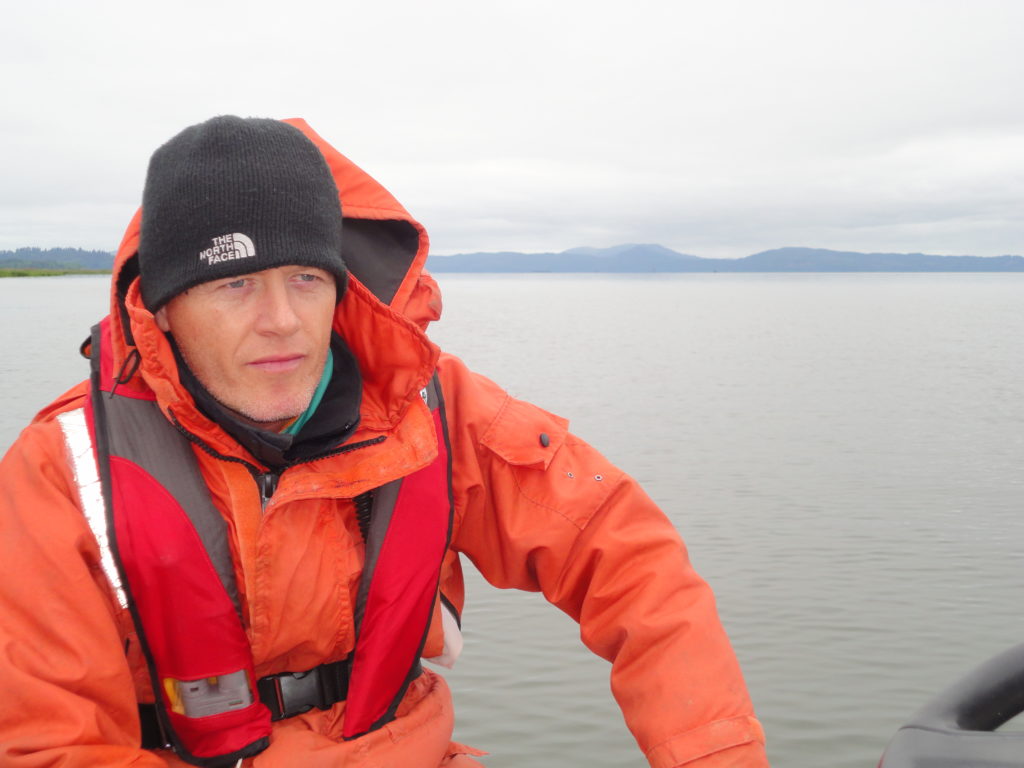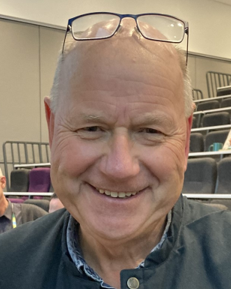Three Exeter experts on REF 2029 panels

Three University of Exeter academics have been appointed to prestigious Research Excellence Framework (REF) panels.
REF is the UK’s system for assessing the excellence of research in higher education providers, and its outcomes are used to inform the allocation of around £2 billion per year of public funding for universities’ research.
It previously took place in 2014 and 2021, and now chairs and deputy chairs have been chosen for the 34 expert sub-panels that will assess research in REF 2029.
The University of Exeter appointees are:
- Professor James Scourse – chair of Sub-panel 7: Earth Systems and Environmental Sciences (under Main Panel B – Physical Sciences, Engineering and Mathematics).
- Professor Phil Ashworth – deputy chair of Sub-panel 14: Geography and Environmental Studies (under Main Panel C – Social Sciences).
- Professor Brit Grosskopf – deputy chair of Sub-panel 16: Economics and Econometrics (also under Main Panel C – Social Sciences).
The panel chairs and deputy chairs will lead their units of assessment through the criteria setting phase, beginning later this year, and on through to the final assessment.
They are now working to appoint their full panels, ensuring that membership reflects the range of required expertise.

Professor Grosskopf said: “I am honoured and excited to be part of the REF2029 assessment. I am conscious of the responsibility and look forward to contributing to this important exercise.”

Professor Ashworth said: “It is a privilege to help lead the Geography and Environmental Studies discipline in the REF2029. I will ensure the assessment process is fair, inclusive and transparent. REF2029 Sub-panel work has already begun and I look forward to engaging with academics, researchers and professional support staff both in Exeter and across the UK.”

Professor Scourse said: “The REF assessments, and before them RAE, have enhanced UK research, research funding and reputation. REF2029 will be the most important research assessment exercise ever undertaken in the UK given the challenging funding environment. REF is often criticised – as all evaluation schemes are – but approaching this task for Earth Systems and Environmental Sciences I’m determined that it should be a responsible process characterised by integrity and fairness that commands the confidence and respect of the research community.”
REF Director Rebecca Fairbairn said: “I’m delighted to welcome this outstanding group to lead the REF 2029 sub-panels. Their deep expertise and broad perspectives will be central to building an assessment process that is fair, rigorous, and trusted by the research community. We have been working in partnership with the sector throughout this process, and I’m grateful to everyone who expressed interest – your engagement is what strengthens the credibility and value of the REF across our research landscape.”



